Yes, this is another Squid Game review.
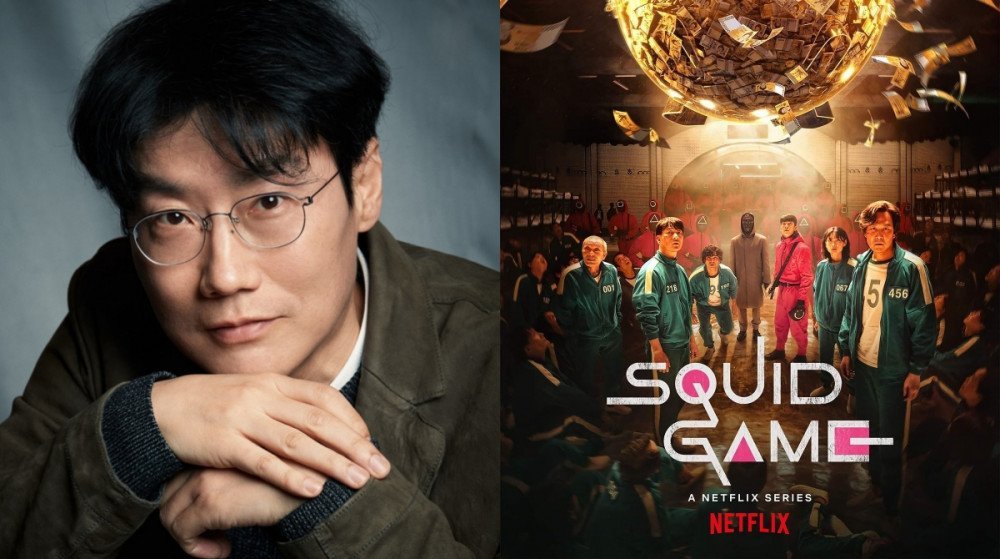
It is impossible for you to not have heard of the show by now. Directed by Hwang Dong Hyuk, the South Korean series on Netflix is now the most watched show on the platform. It overtook the likes of Stranger Things and Money Heist, and set another record for Korean television and cinema in recent years.
Being a big fan of the death game genre, I was among the first few to binge the show when it was first available on Netflix. I had no idea it would become the biggest thing, as it was fairly unremarkable on my first viewing.
Let it be known that the genre of death games (or survival games, depending on your outlook) is not unique to Squid Game or The Hunger Games. The death game genre can be defined as stories that have the protagonists be put in life threatening high stakes situations, where their survival depends on their ability to win the game. Many stories, especially in manga and anime, use this genre to varying effects. Battle Royale, one of the first books and films that sparked the popularity of the death game genre, featured the survival game of kill or be killed as the government’s means of population control. Similar to The Hunger Games, the contestant had to be the last one standing to win.
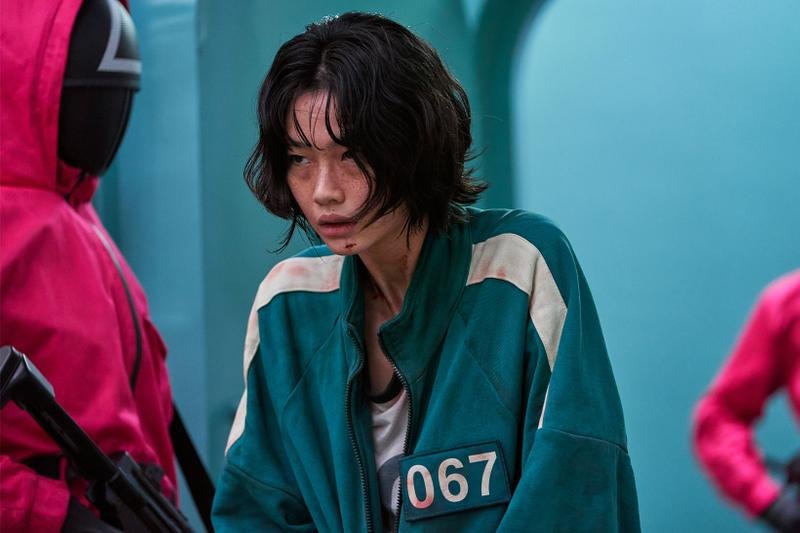
The genre continued to evolve, with stories varying the types of games and situations the protagonist is put through. Notably, the popular manga Liar Game, which Director Hwang Dong Hyuk was inspired by, is known for its intelligent solutions to mind bending games and insights into humanity’s untrusting nature. On the other side of the world, the American movie Escape Room in 2019 also had players participating in deadly escape room games to win, with the games orchestrated by the bored elite and wealthy. Around the globe, one thing is in common: the stakes are high. And when faced with life and death, the audience can witness humanity in its base nature.
Hwang’s own take on the genre was to have the players participate in childhood games. I had found this to be a rather surprising take. Due to the sheer number of stories in the death game genre, most writers try to up the ante with unique games or carefully crafted backstories to stand out. But Hwang’s approach of easy, luck-based games for money orchestrated by a wealthy elite to illustrate the problems of capitalism is pretty simplistic. Perhaps it is because the script was written in 2010, when the genre had not reached the height of its development, and this take on the genre could still be considered unique
I know, this does seem like a scathing review. Mothership gave its two cents on the show, calling it “over hyped”, and was met with raving criticism from fans. Regardless of your thoughts on the show, it is undeniably popular, successful, and has reached heights unseen by many other death game shows. I wondered if I had failed to properly appreciate the series, and decided to spend another 8 hours rewatching Squid Game in hopes of joining the hype.
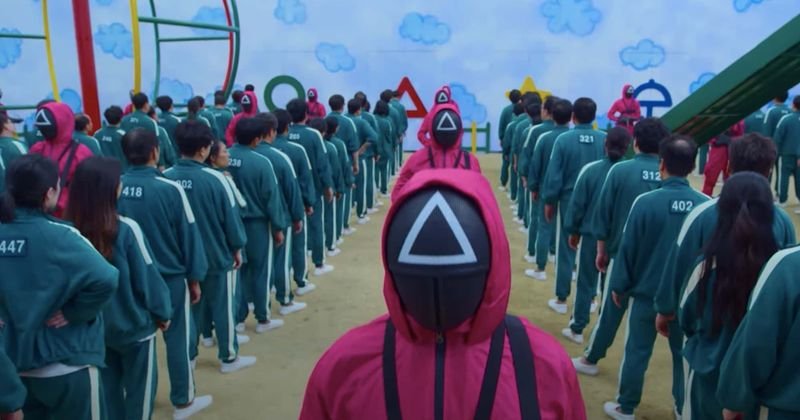
The production value for the series is undeniably higher than many of the live action films of this genre. Korean television shows have been increasingly high budget, and Squid Game is no exception. The set design that mimicked a children’s nursery, a giant creepy doll, the whimsical pink and greens of the stairs and the uniforms, all these contributed to the cohesive narrative of adults being infantilized to play children’s games. The insanely large cast of 500 people had to perfectly move as scripted in the first Red Light, Green Light game, with multiple takes to capture many individual reactions.
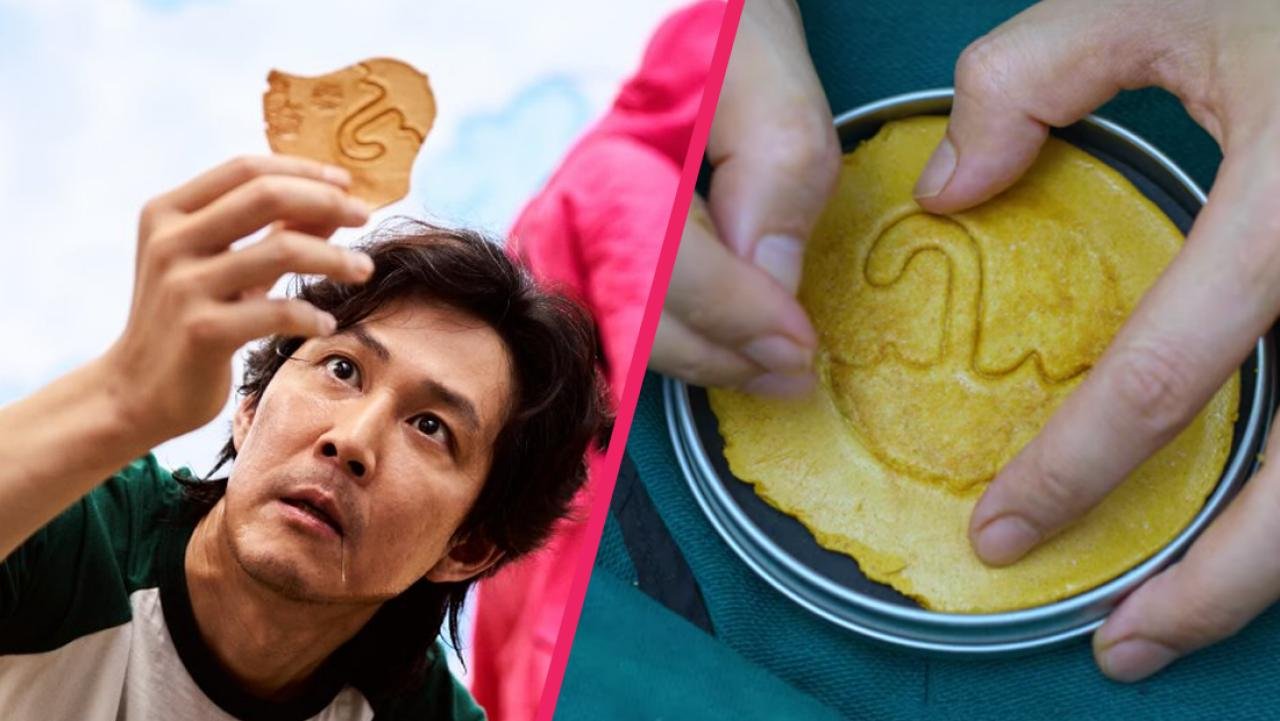
The actors had to actually play the games like the contestants would, desperately scrapping dalgona candy and shouting with desperation to win tug of war. I especially loved the block coloured geometric staircases and structures reminiscent of illusion artworks. The orderly movement of the players and the enforcers in geometric shapes serves to dehumanize them, reminding the audience of the cruelty of the situation. It’s also just unnaturally freaky and builds anticipation. A good director, a talented cast and eerie music to underscore it all, the production of Squid Game stands head and shoulders above most of the films of the death game genre.
Hwang wrote Squid Game to use the death games as a commentary on humanity’s greatest evil: Capitalism. The contestants are chosen by their willingness to sacrifice their body for money, losing autonomy of their lives to pieces of paper. The players are condemned to being playthings for the rich, controlled by wads of cash stacked in a piggy bank above their heads. They are pitted against one another, where one’s survival means condemning another to a certain death. The wealthy VIPs sit atop a viewing gallery, making cheap bets on the lives of the poor, a condensed and simplified version of reality. However, the value of this commentary can be brought into question as many other films comment on the same theme with greater mastery and sophistication

Parasite, to name another famous Korean film, is one example. Of course, more discourse and awareness of a pressing societal issue is important, but Squid Game’s fleshing out of the theme is a little bit on the nose. My favourite aspect of exploring the genre and theme would be the insight into the gamemaster and enforcers. Dressed in uniform pinks, enforcers are housed in prison-like cells, kept under strict rules punishable by death, and are unlike the omnipotent gamemasters that the players perceive them to be. They too are ruled by the same desire for money. The gamemaster in black is also revealed to be a previous contestant. Those in debt are seemingly unable to escape the vicious cycle spun by the wealthy.
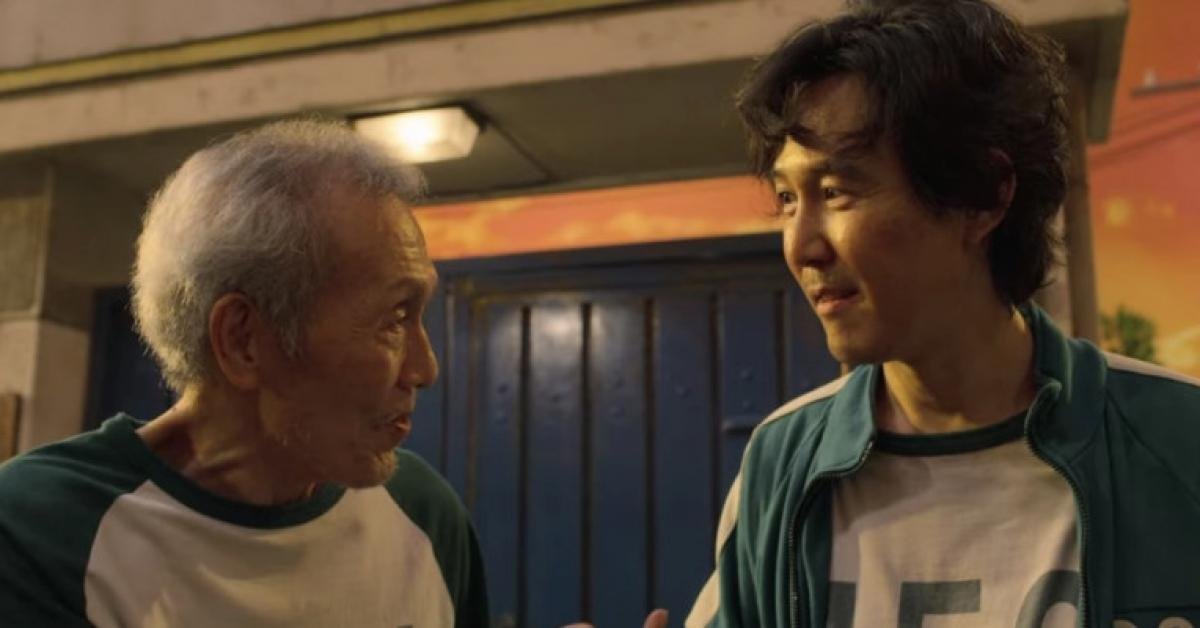
Aside from Hwang Joon Ho, the policeman who infiltrated the game in search of his brother, I found the other characters pretty dull. As the director mentioned, the characters were not meant to stand out, but be representative of the torture the system puts them through. Gi Hun is not particularly smart, skillful or overall justified in winning the game, but won because of his overall situational luck. Sang Woo remains cold and calculating to the end, these traits worsened by desperation. The other characters are similarly two dimensional, almost caricature like. This leads to the actions of the characters becoming rather predictable, which yes works for a demonstration of being products of the system, does not do very much to maintain audience intrigue. Gi Hun, in his snivelling clueless demeanour, gets a little bit hard to root for.

As someone looking to be a filmmaker, it became important for me to understand the success of Squid Game. Simply being cinematographically good is no longer good enough to take the throne of most watched show on Netflix. I believe the Korean wave that makes audiences around the world very receptive and familiar to Korean entertainment has played a large part in Squid Game’s success. To Asian filmmakers whose works have been blindsided in the Western dominated film industry, this is a celebratory moment. Netflix, aware of this global phenomenon, has invested 500 million dollars into Korean films and television series. It is very likely that we will see upcoming Korean programmes similarly well received. As The Gods Will, a Japanese film that operates on a similar premise, has been brought to attention as recommendations for those who found themselves enjoying the death game genre.
Furthermore, Squid Game cleverly maintains audience engagement outside the show, with fans cosplaying in the unique recognisable uniforms and the dalgona candy game making its way into a TikTok trend. A big part of what makes death games so appealing is the retrospective question of “What if I were playing this game? Will I survive?” With Squid Game, that question can be answered yourself. The way the genre can be used as a method of audience participation and advertisement is honestly genius.
Putting my expectations for the death game genre aside, I was able to better appreciate Squid Game on my second viewing. Personally, I am not the biggest fan of the story, but I really appreciate the artistic design of the show.
Written by : Shu’en
Photo by : Squid Game


